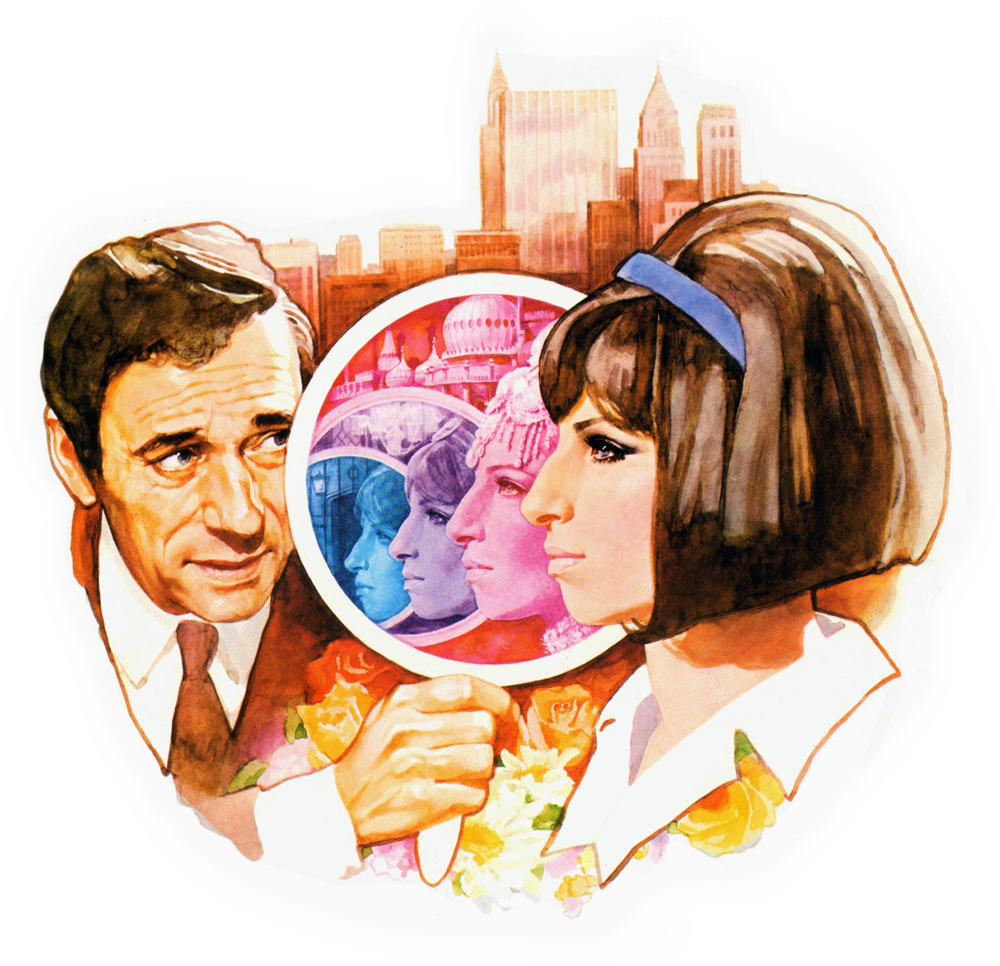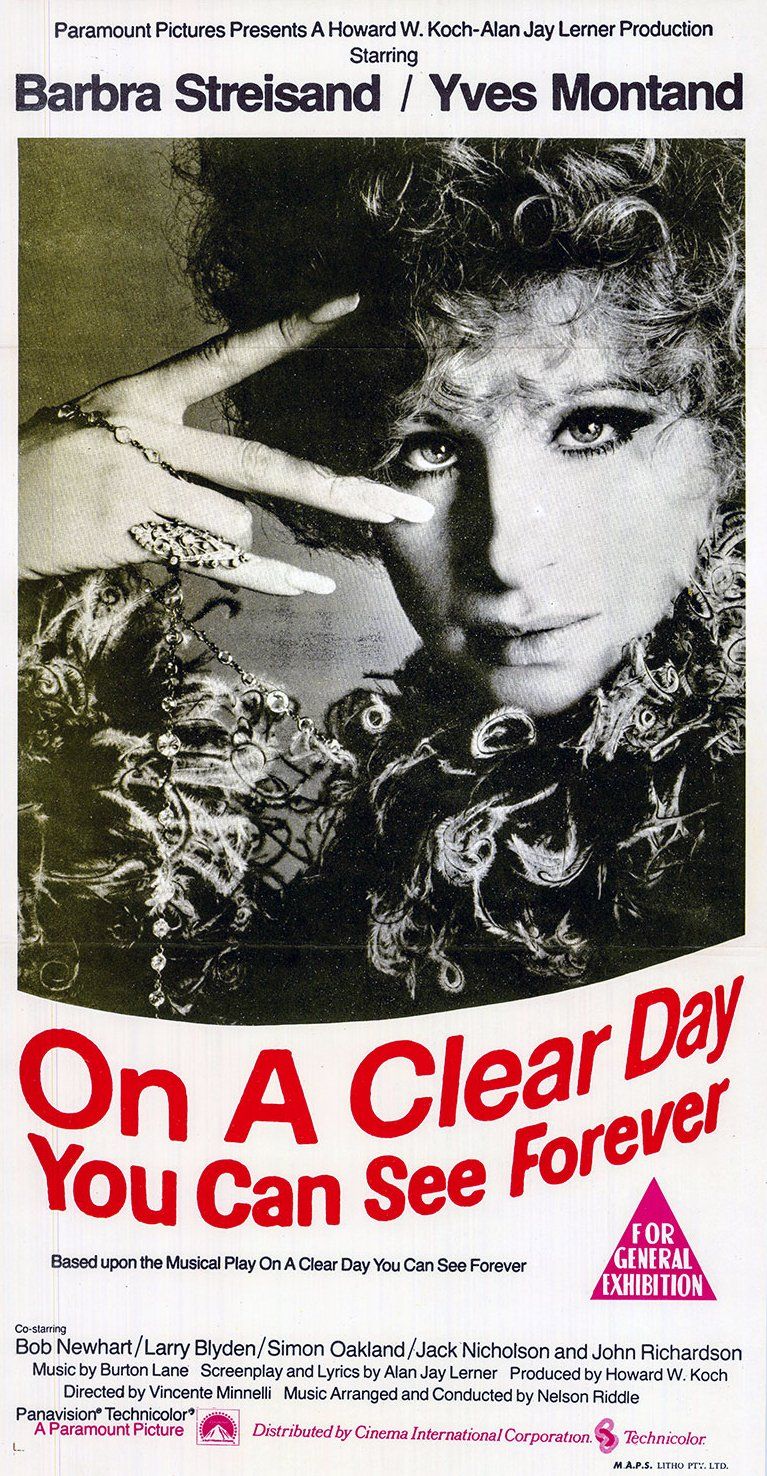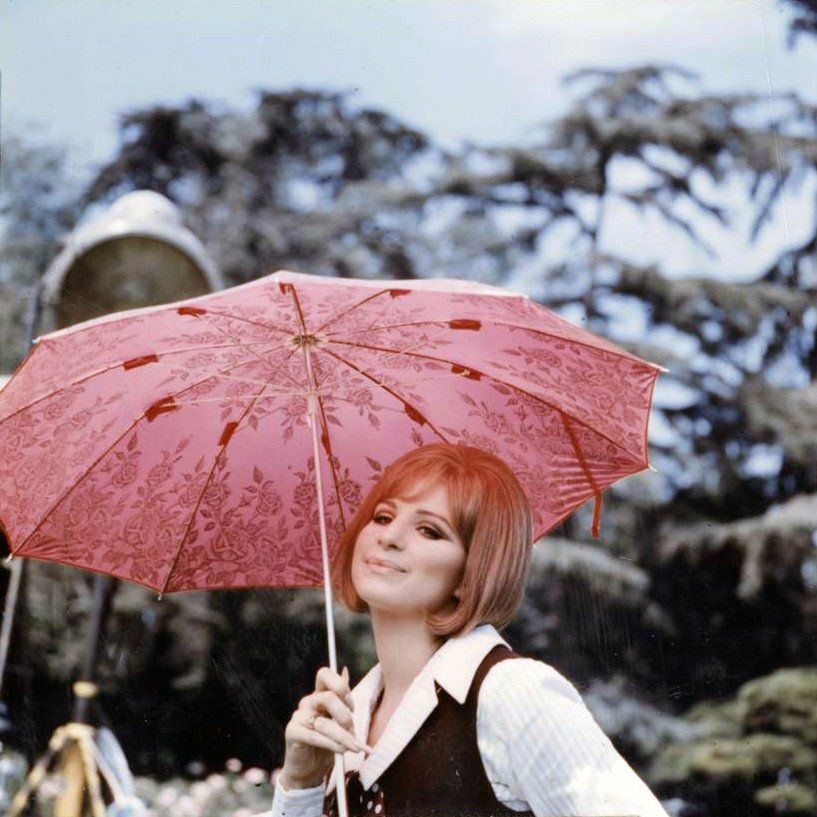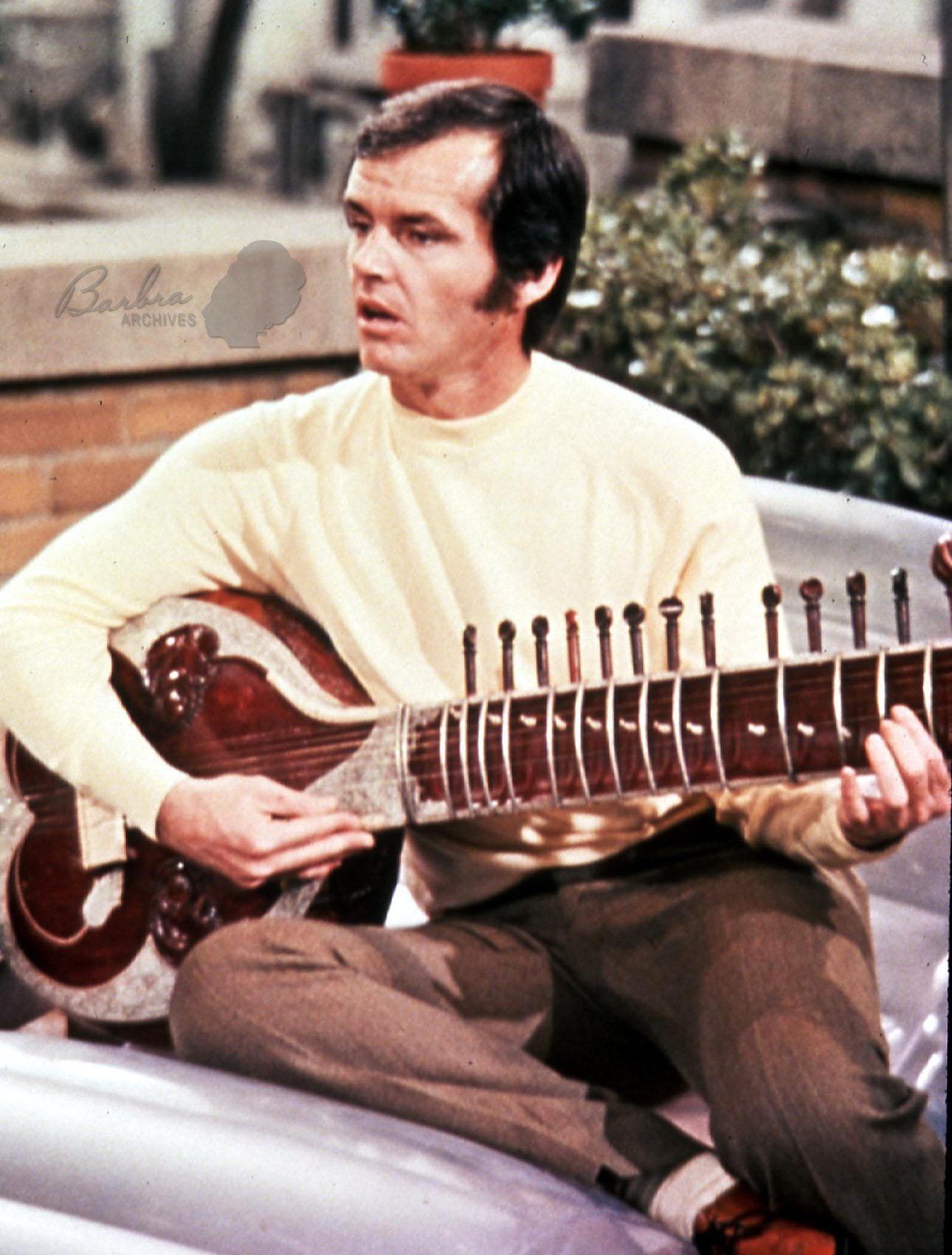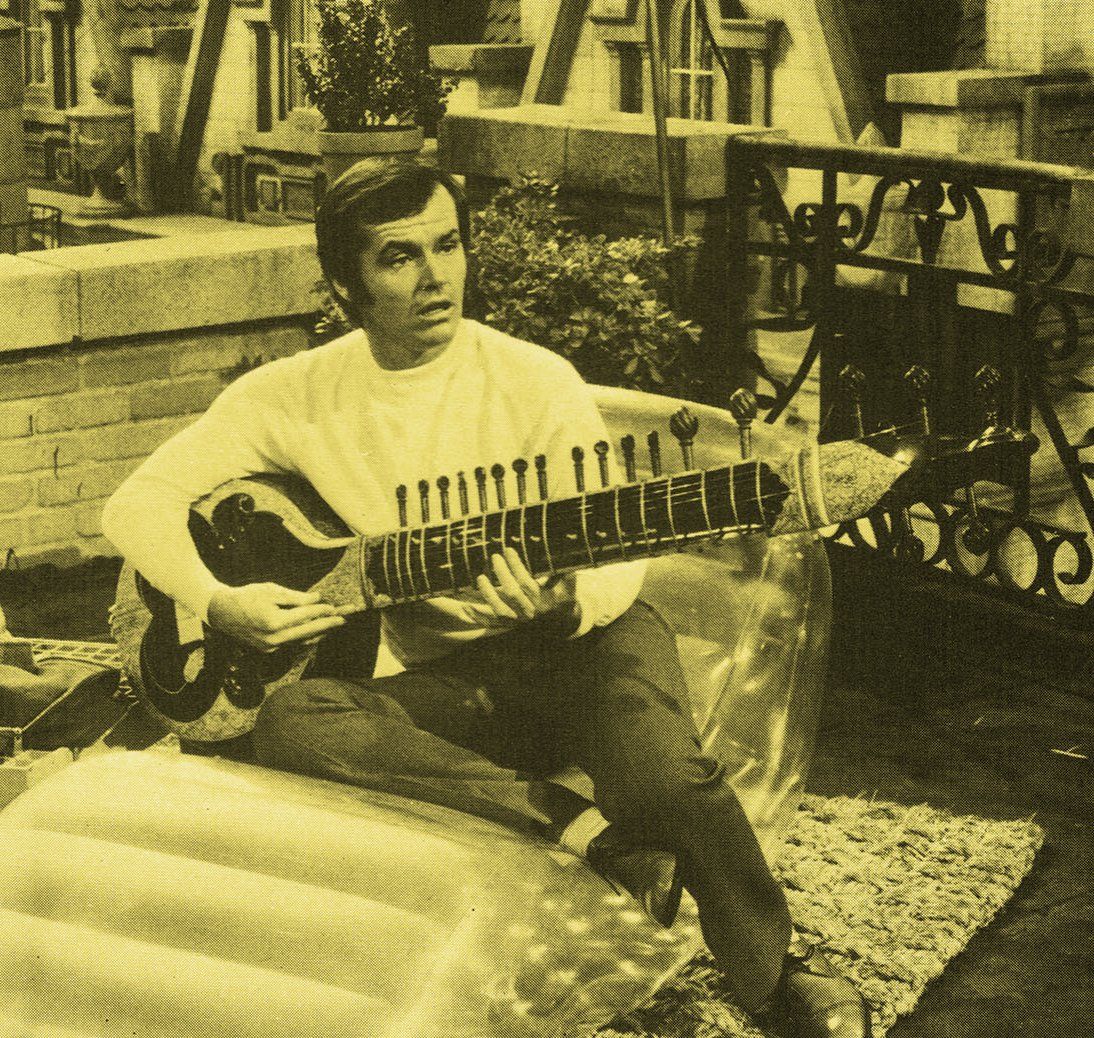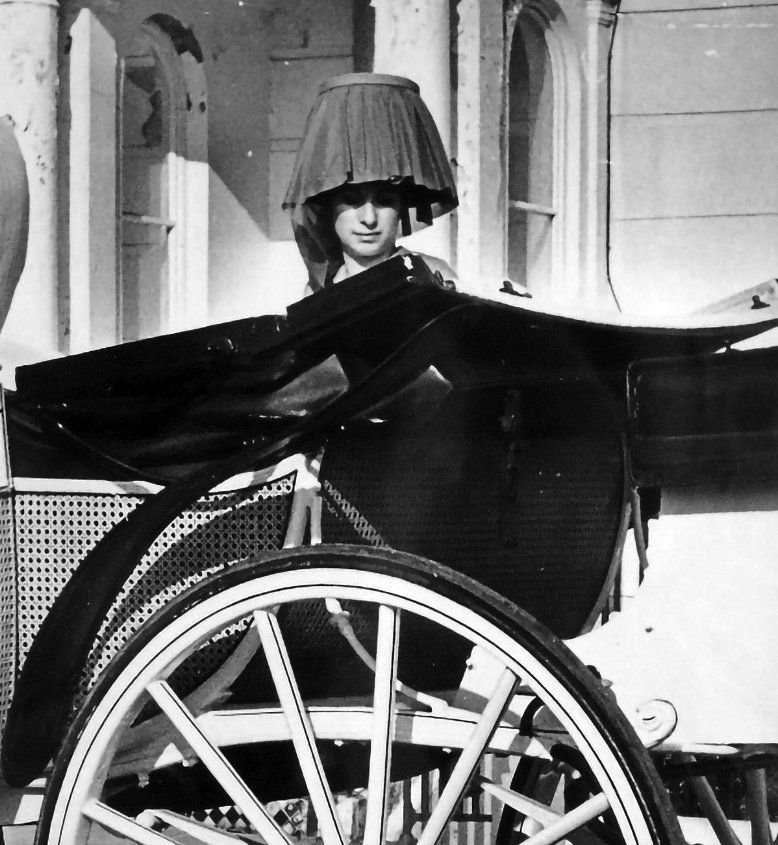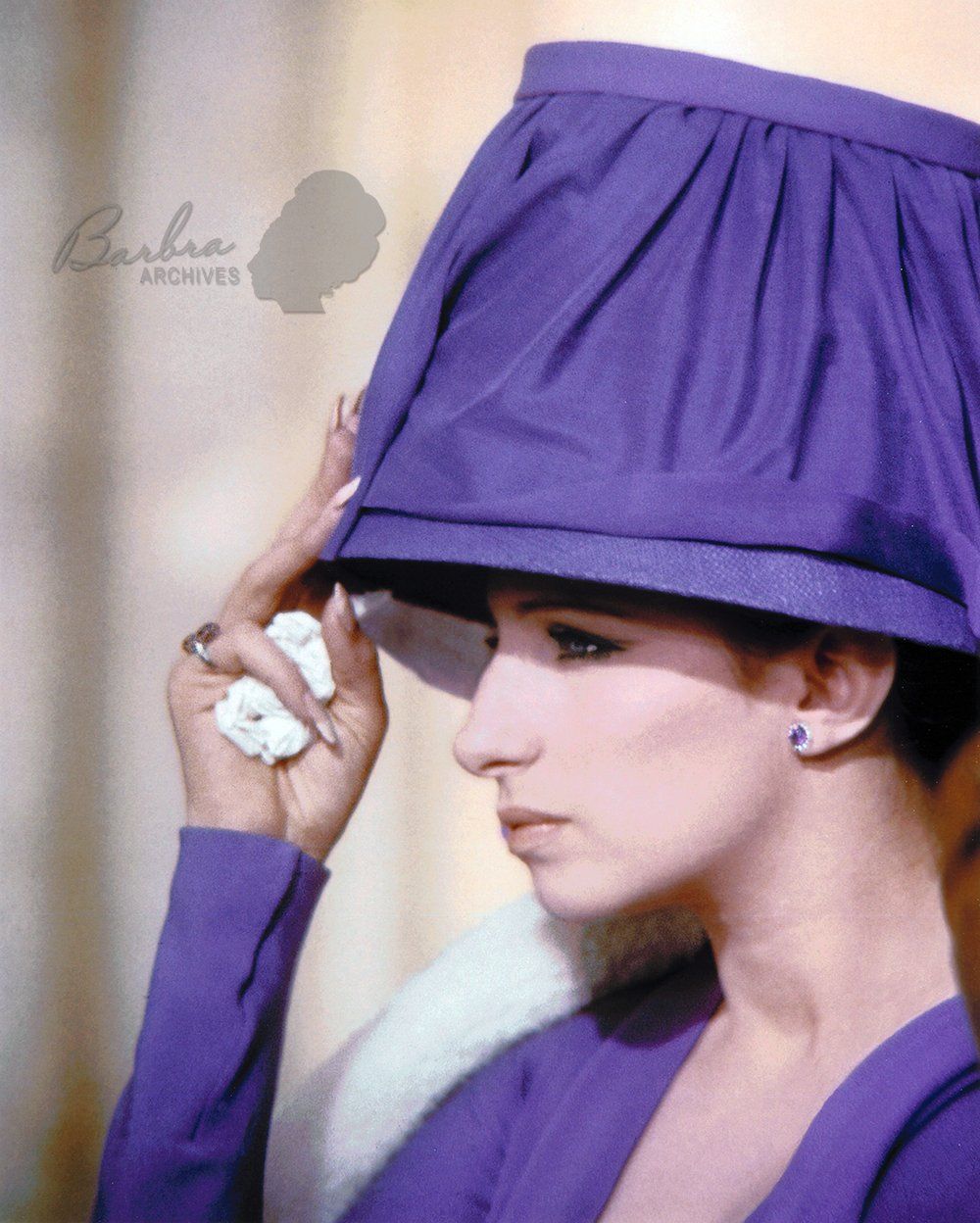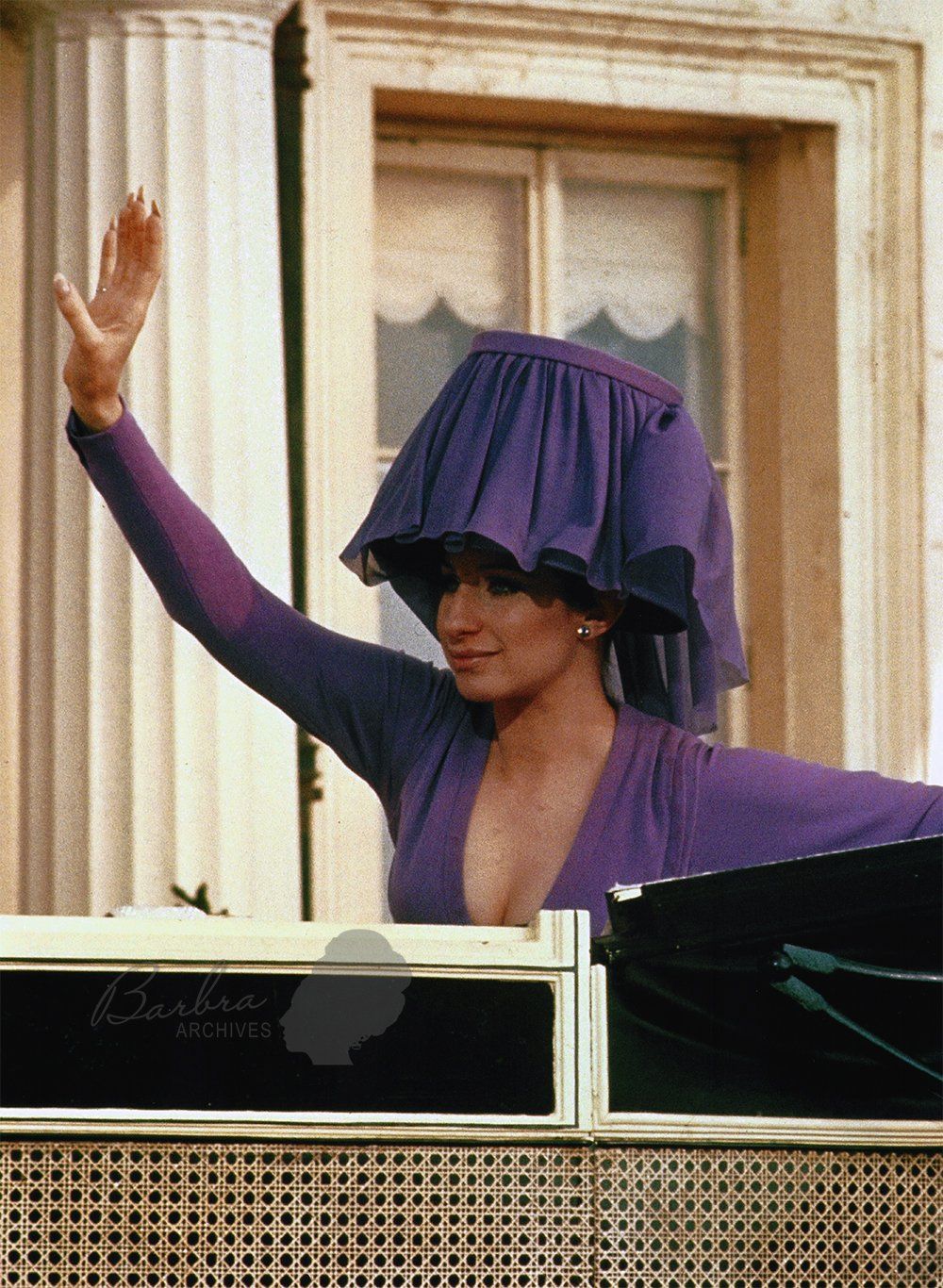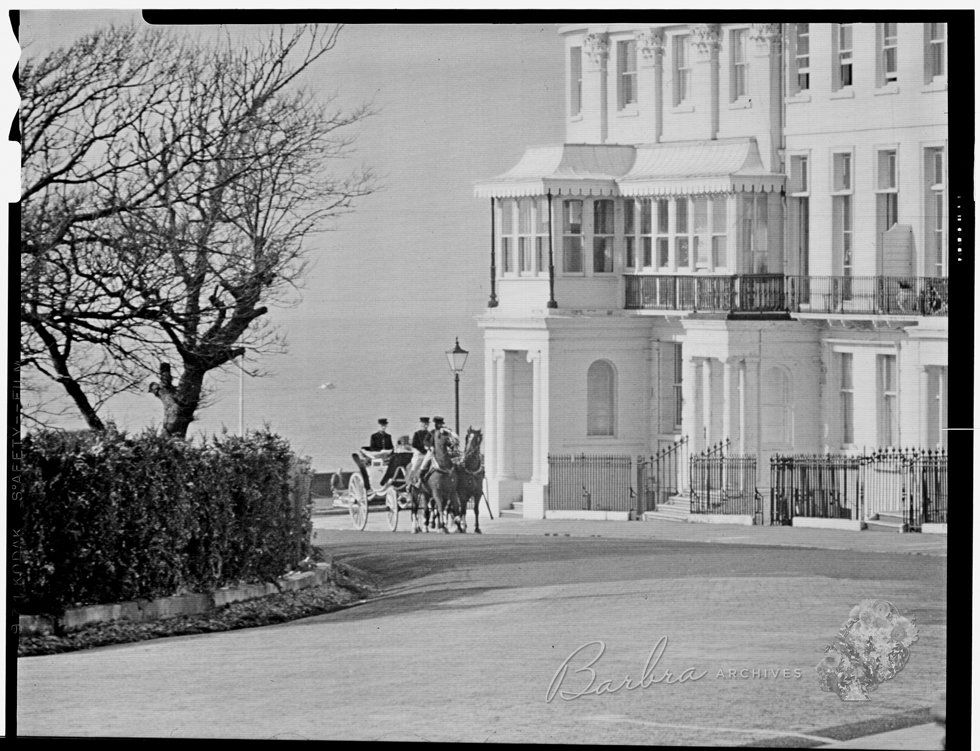To make On A Clear Day shorter, several musical numbers, subplots, and scenes were edited from the film.
Judy Garland’s A Star is Born (1954) is an example of a roadshow film that was mercilessly edited for length and, years later, had (most of) its cut scenes restored.
But Paramount has never attempted to restore Minnelli’s 143-minute cut of On A Clear Day. It’s feared the footage no longer exists. One home video producer for Pioneer told this author that when they worked on the 1996 Clear Day laserdisc, an attempt was made to locate the footage at Paramount.
Their search was fruitless.
Also, producers tried to secure Jack Nicholson’s cut song for his 1994 AFI Life Achievement Award and could not locate that film.
Unless the Minnelli estate or even Streisand herself has the 143-minute cut in their personal vaults (or at least some of the excised musical numbers) it is doubtful the footage will ever surface – On A Clear Day You Can See Forever was released over 50 years ago now.

